One could almost hear the sighs of relief that blew through Western capitals at Emmanuel Macron’s victory over Marine Le Pen.
Another major power saved from the grip of extremism and intolerance. A triumph for the forces of enlightenment and decency.
At 58-42, the result – which made Macron the first sitting president in 20 years to be re-elected and only the third since the Fifth Republic was founded in 1958 – was, however, close enough for discomfort.
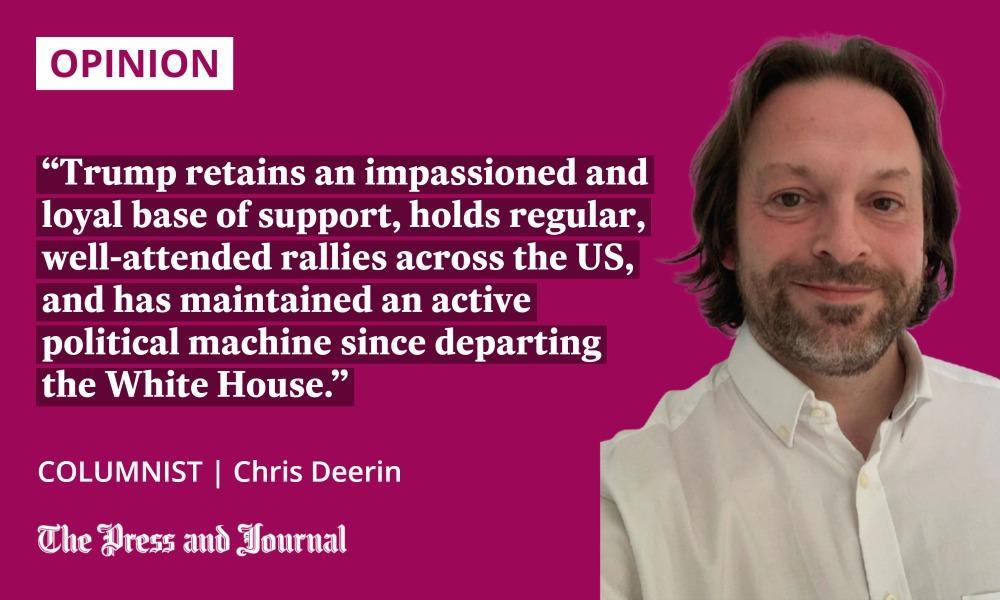
Le Pen came out ahead in areas of high unemployment and in much of rural France, while Macron scored better in the younger, wealthier cities – a geographic and economic split that neatly mirrors the outcome of Britain’s Brexit referendum. More than 13 million people voted for the challenger, despite her toxicity – the disillusioned, the disenfranchised and the bigoted have not gone away.
For now, though, a win is a win. Europe’s most powerful nations have come through a tranche of recent elections and happily remain in centrist hands. It’s worth noting, too, that the war in Ukraine has impacted positively on the behaviour of some of the continent’s most errant administrations. Poland, despite being run by Law and Justice, a controversial party of right-wing, anti-immigrant populists, has accepted 300,000 Ukrainian refugees since the conflict started.
Putin’s invasion has reinvigorated the West and many of its institutions. Nato has been revived – Sweden and Finland are now seeking to join – and the EU is upping its defence spending, which includes the vital rearmament of Germany. Values that have for decades been taken for granted and perhaps only lazily protected are being tested and are, so far, holding firm.
Trump 2024?
The biggest challenge to this burgeoning new order may be yet to come, though. Right now, it seems likely that Donald Trump will run to be US president again in 2024. He may well win.
The hope that Trump and his brand of chauvinistic, narcissistic, conspiracy-rich populism would be banished for good by the loss of office has proved unfounded
Trump has rather vanished from British TV screens and media since losing to Joe Biden in 2020, helped by his exclusion from Twitter. But in the US he remains as real and present a danger as ever.
The hope that he and his brand of chauvinistic, narcissistic, conspiracy-rich populism would be banished for good by the loss of office has proved unfounded. The Republican Party remains in his gangster-like grip, and his support is still passionately sought by electoral candidates, who make the submissive trip to his Mar-a-Lago HQ.
To British eyes, the prospect of a Trump return is baffling. He has been impeached twice, is accused of inciting an infamous attack by his supporters on the Capitol, and is the subject of various ongoing legal investigations. He repeatedly attacks the Republican leadership. His love-in with Vladimir Putin and other strongmen leaders seems wholly out of sync with the changed times. There’s no way back, surely?
But, recent polls tell a different story. A survey of registered voters for the Wall Street Journal found that Biden and Trump both scored 45%, suggesting the outcome would be too close to call. Another found Trump would beat Biden by six points and Vice President Kamala Harris by 11 points.
Trump retains an impassioned and loyal base of support, holds regular, well-attended rallies across the US, and has maintained an active political machine since departing the White House. Biden has made a series of missteps, most notoriously the sudden withdrawal of troops from Afghanistan, and, at 79, has seemed to quickly age further in office. His physical unsteadiness suggests that a second term from 2022 may be too much.
Meanwhile, his vice president, Harris, who might be expected to stand in his stead, has spent the past two years breaking all sorts of records for unpopularity. It’s hard to spot the next great Democratic hero waiting in the wings.
We can’t afford to lose the fight against civil unrest
It’s unclear what a rerun of the Trump presidency would mean for US policy. In his first term, he was uncomfortable with America’s role of global leadership and flirted with isolationism. But, even if the role of leading a reinvigorated West appeals to his vanity, he has hardly shown the diplomatic skills that will be required to manage this partnership while orchestrating relations with the growing power that is China.
Trump’s first term also saw Boris Johnson at his rule-breaking and convention-flouting worst. As if licensed by the president, Johnson treated parliament and his own party with ruthless contempt. Since Trump’s departure, the Johnson government – despite its own weaknesses and his personal inability to behave – has, at least, looked more conventional in shape. The reuniting of the two is an unappetising prospect.
In the end, this might be the real message from Sunday’s French election. The West’s battle isn’t just with Putin, but with the millions of its own citizens who are in open revolt against the status quo and its values. That is the longer fight, and one that we cannot afford to lose.
Chris Deerin is a leading journalist and commentator who heads independent, non-party think tank, Reform Scotland
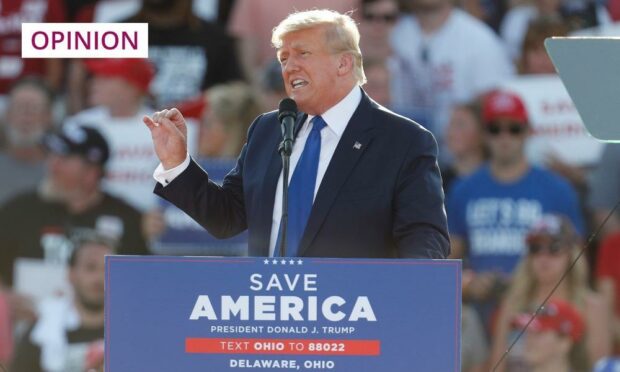
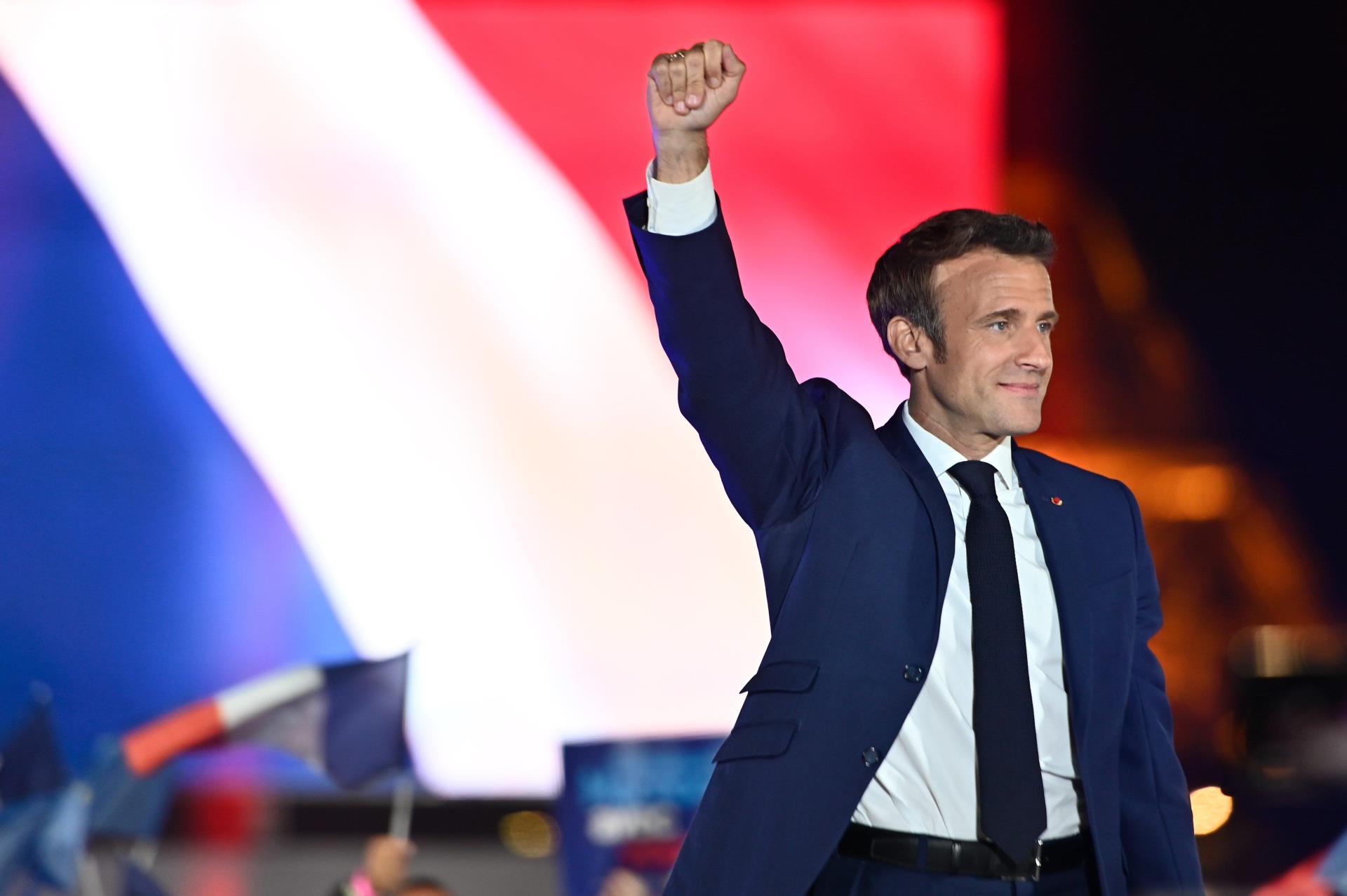
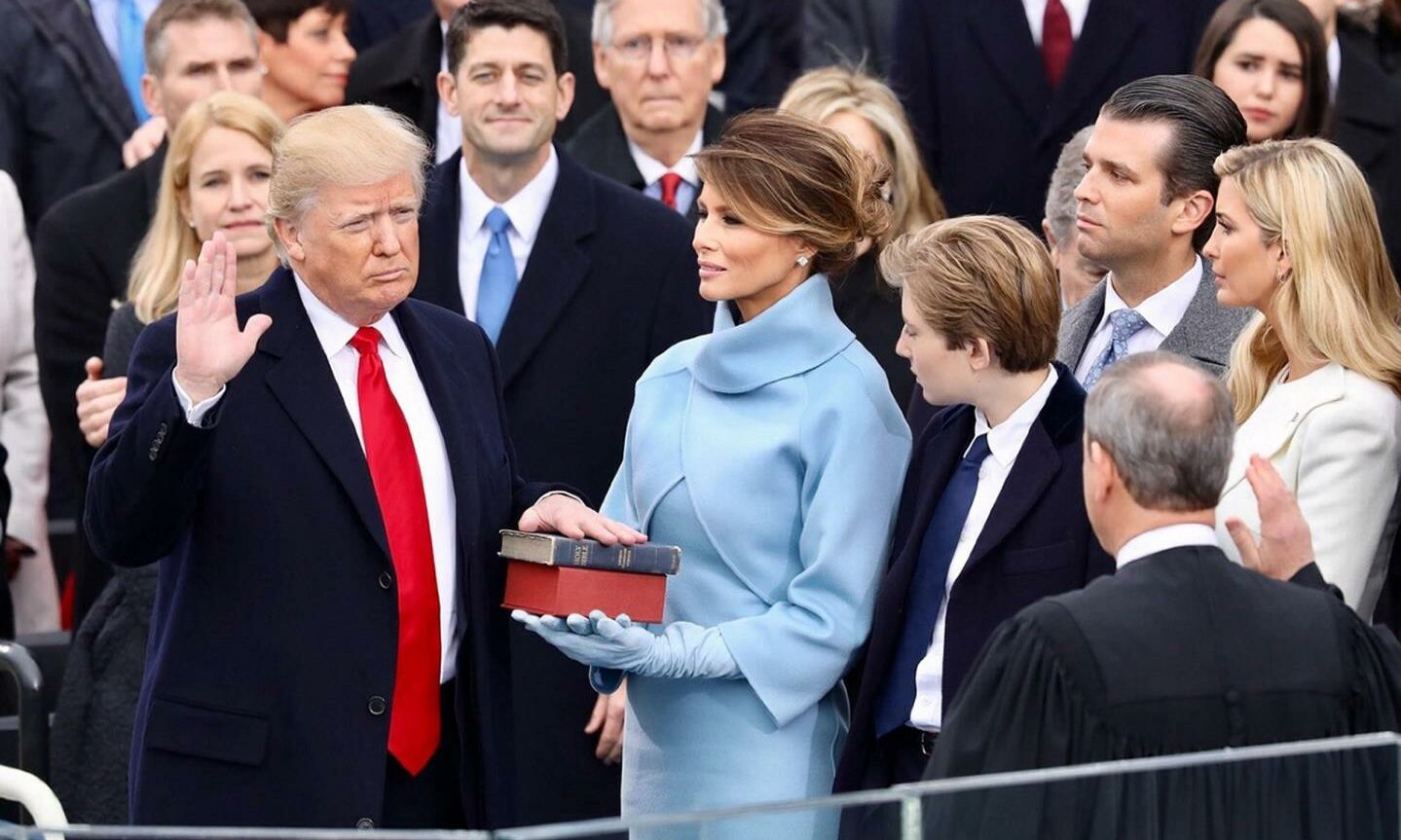
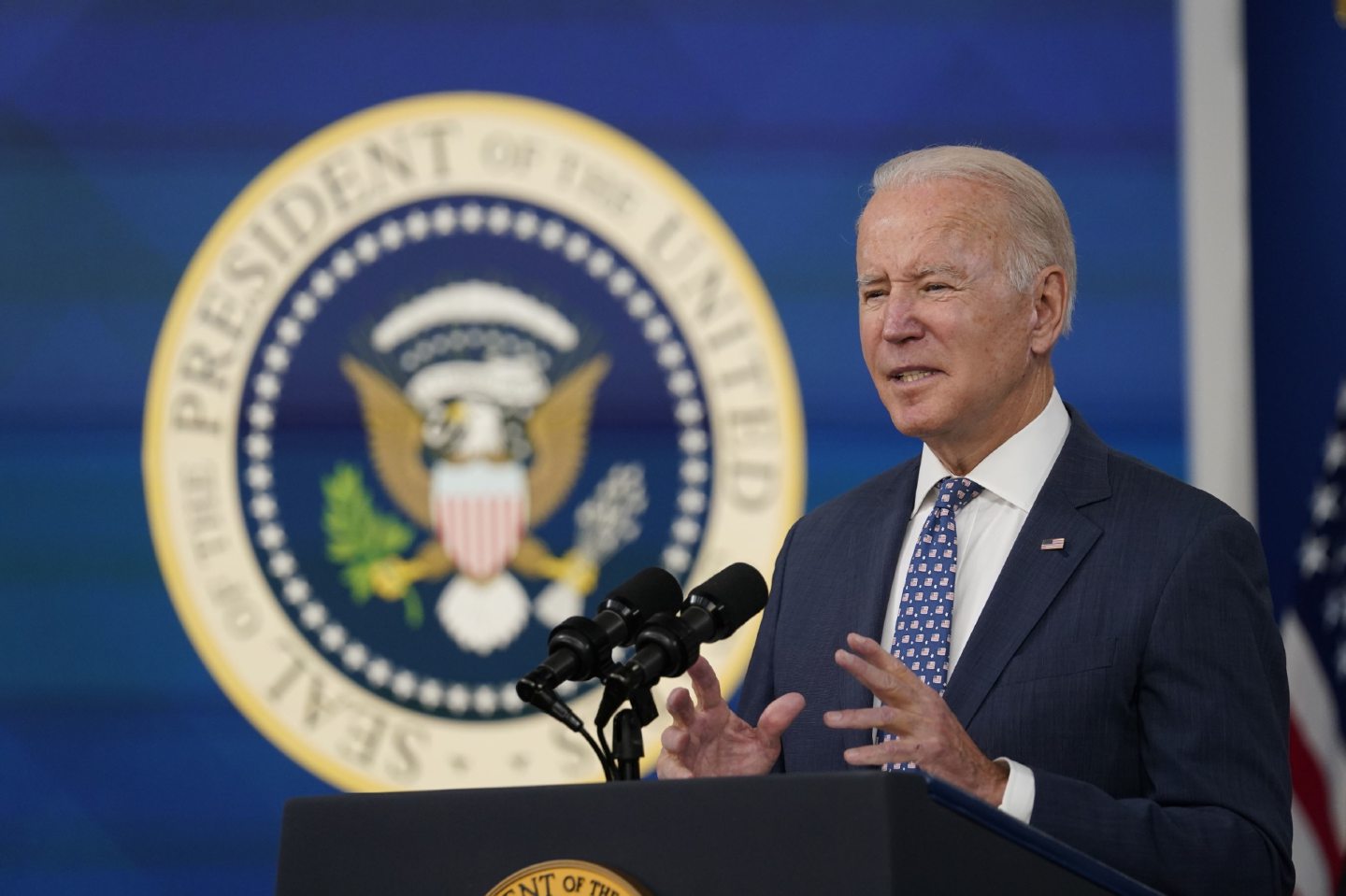
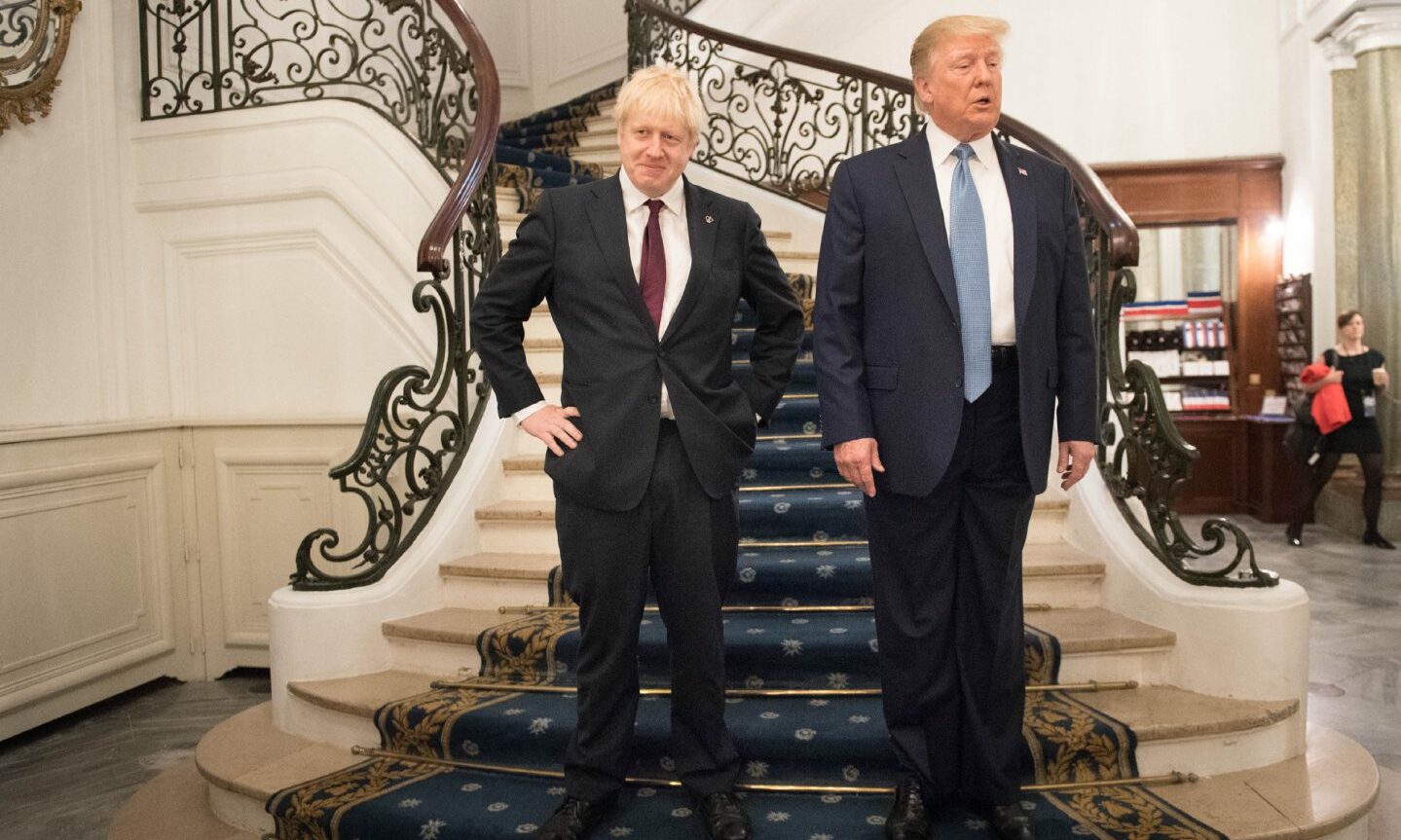



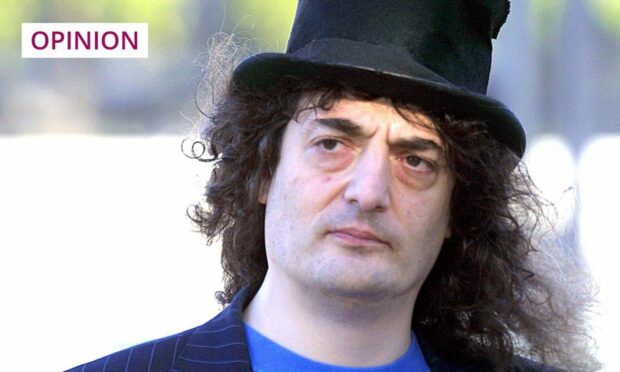
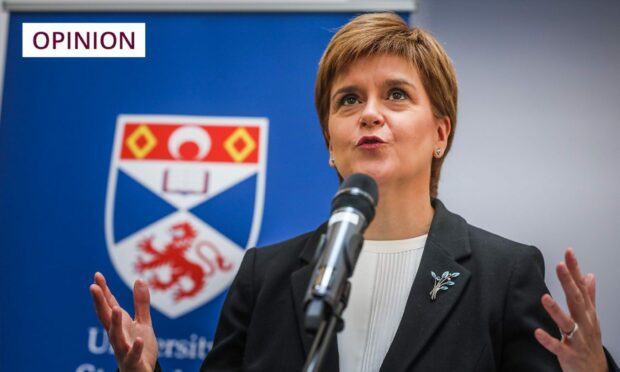
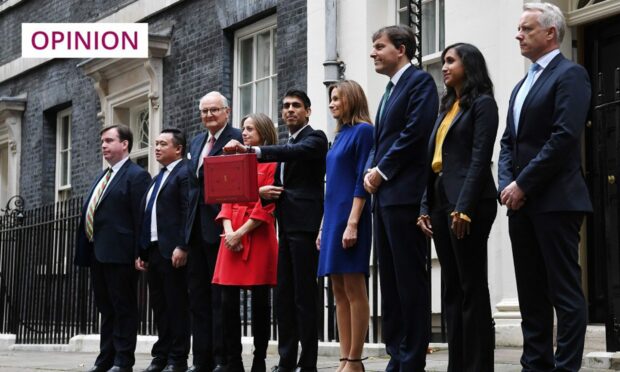
Conversation